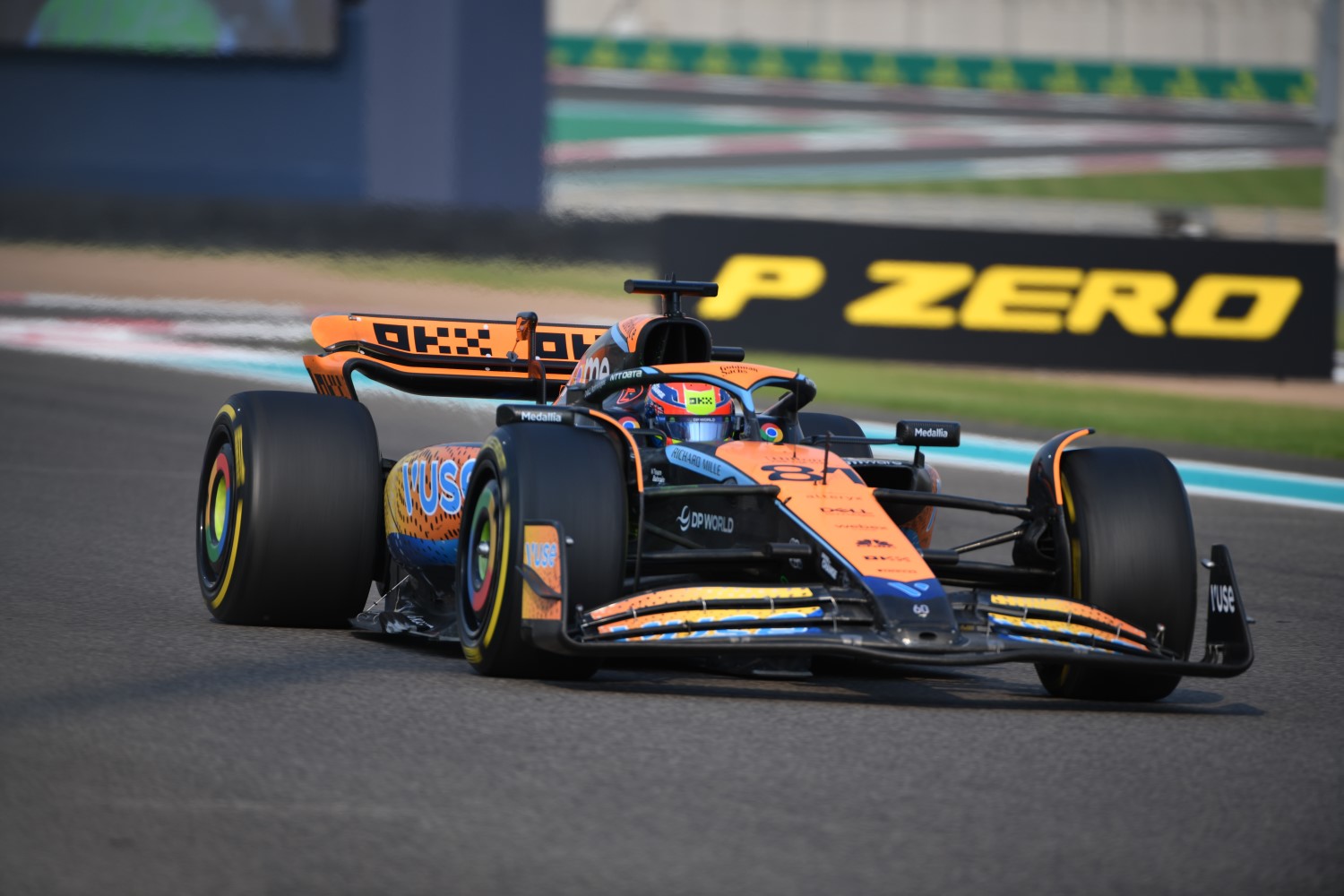Formula 1 News: McLaren Team buys carbon credits
McLaren Racing announced its Climate Contribution Program aimed at both accelerating the removal of excess carbon dioxide from the atmosphere and scaling climate solutions, in support of the team’s target to achieve net-zero by 2040.
At McLaren Racing, we recognize that we must play our part in tackling climate change, both by reducing emissions across our operations and supply chain, but also by taking action to remove existing carbon from the atmosphere and support the restoration of damaged ecosystems.
To that end, McLaren Racing has partnered with three leading organizations committed to high-quality projects that address the impacts of climate change:
• The Great Barrier Reef Foundation: an Australian non-profit focused on scaling solutions that restore and enhance the resilience of coral reefs and ocean habitats
• Mombak: an organization based in Brazil working to rebuild the Amazon rainforest by developing high-integrity and large-scale carbon removal projects, reforesting degraded pastureland using native and biodiverse tree species
• UNDO: a world-leading carbon dioxide removal project specializing in enhanced rock weathering, a nature-enabled technology that permanently removes CO₂ from the atmosphere while enriching soil health
McLaren Racing’s sustainability strategy focuses on four pillars: achieving net zero, moving towards a circular economy, championing diversity, equity & inclusion in our sport, and promoting health & wellbeing among our high performing team. In line with globally recognized plans including the Science Based Targets initiative and the United Nations Sports for Climate Action Framework, the business has committed to achieving net zero by 2040.
The Climate Contribution Program has been created within our net zero pillar to help accelerate our efforts in this space, to leverage our global platform, help raise awareness on the issues and to support organizations taking immediate credible action.
Zak Brown, CEO, McLaren Racing, said:
“Sustainability is an absolute business priority for McLaren and we have made some great progress over the last couple of years, including a 22% cut in emissions and a 19% waste reduction in 2022 alone. But we need to go further to help us achieve our ambitious goals. So, we are excited to team up with these three organizations to remove emissions from the atmosphere, raise awareness of the important work they do, and in the case of the Great Barrier Reef Foundation apply our specific know how and high-performance expertise to help optimize their processes and drive impact at scale.”
Kim Wilson, Director of Sustainability, McLaren Racing, said:
“At McLaren Racing we have committed to achieving net zero by 2040 and to play our part in line with climate science to tackling climate change. A big part of that is making sure that we reduce emissions across all our operations and supply chain, but we know that’s not enough. We also have to do something about the existing carbon in the earth’s atmosphere, damaged ecosystems and biodiversity loss. That’s what our Climate Contribution Program is all about. We’re delighted to be partnering with three fantastic projects that are providing tangible and credible solutions to the impacts of climate change and are excited to see what we can achieve together.”
McLaren Racing is working with Mombak and UNDO to acquire carbon credits of the highest quality, both of which remove carbon from the atmosphere via reforestation and enhanced rock weathering, respectively. This investment in carbon removal technologies will support McLaren’s journey towards achieving net zero, but we also want to use this opportunity to raise the standard for sustainable action in sport by supporting these credible, high-quality projects.
Jim Mann, CEO and Founder, UNDO, said:
“We’re thrilled to announce this transformative collaboration between UNDO and McLaren, to help the company reach net-zero emissions targets. Alongside McLaren Racing’s decarbonization plans, over 6,000 tonnes of carbon dioxide will be permanently removed from the atmosphere via enhanced rock weathering. This new initiative goes beyond emissions reductions, it will also enrich the soil of 1,200 hectares of British farmland and bolster climate resilience. Ambitious carbon reduction plans are essential for every part of the motorsport industry, and UNDO’s carbon removal technology is available today.”
Gabriel Silva, Co-Founder and CFO, Mombak, said:
“We are honored to partner with McLaren Racing and become one of the team’s suppliers of carbon removal services. This partnership not only supports McLaren’s climate transition plan but also helps to fuel large-scale native reforestation in the Amazon rainforest.”
The Great Barrier Reef Foundation is on a mission to try and restore coral reefs around the world using innovative solutions pioneered on the Great Barrier Reef. Together with McLaren Accelerator, which takes the learnings and expertise from the fast-paced world of motorsport to real-world applications, The Great Barrier Reef Foundation hopes to accelerate and scale the deployment of climate resistant corals through the Reef Restoration and Adaptation Program. By 2030, The Great Barrier Reef Foundation and its research partners aim to be planting millions of heat tolerant corals on reefs every year. Through its collaboration with the organization, McLaren will bring racing efficiency and speed to support reaching this target.
Anna Marsden, Managing Director, Great Barrier Reef Foundation said:
“Climate change is the number one threat to the Great Barrier Reef. We need to urgently restore damaged reefs and enhance the resilience of the ecosystem. Through the Reef Restoration and Adaptation Program, we’ve pioneered world-leading techniques that revolutionize reef restoration. Our next challenge is to solve significant science and engineering bottlenecks that will allow us to scale up this critical work in a closing window of opportunity.
“The Great Barrier Reef Foundation is excited to partner with McLaren to leverage the team’s elite engineering skills to help accelerate coral reef restoration at a scale and speed never before attempted.”
